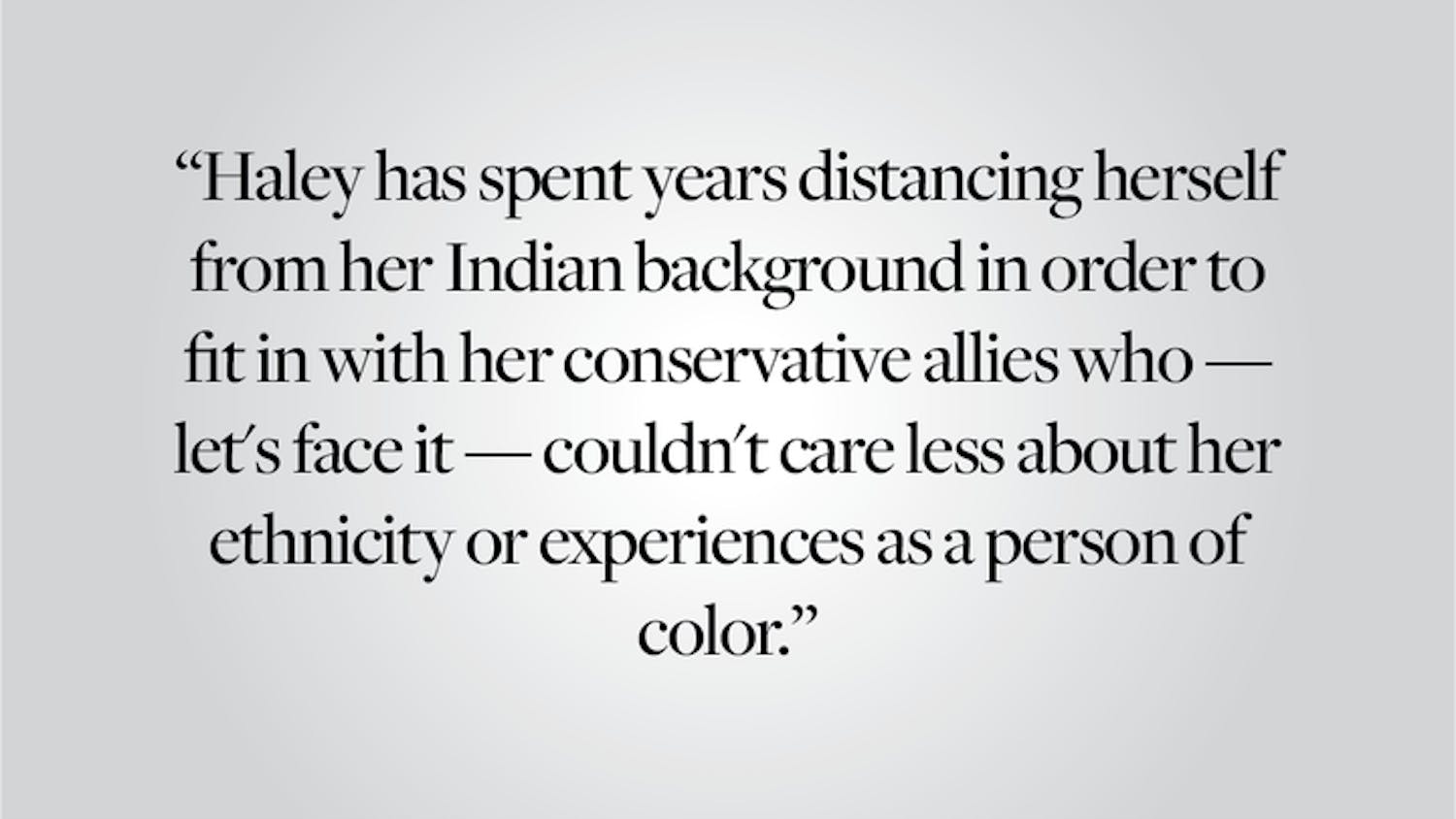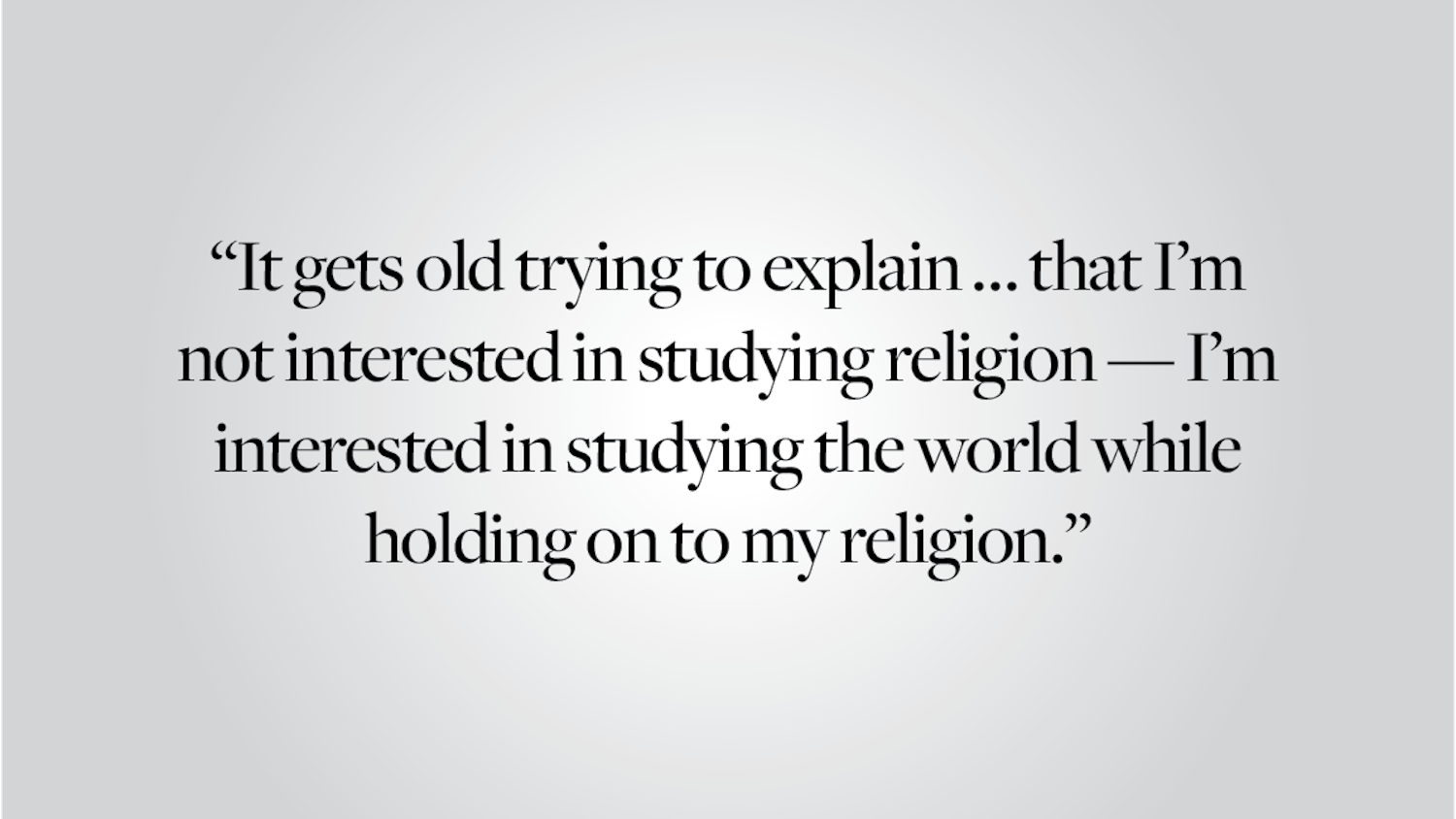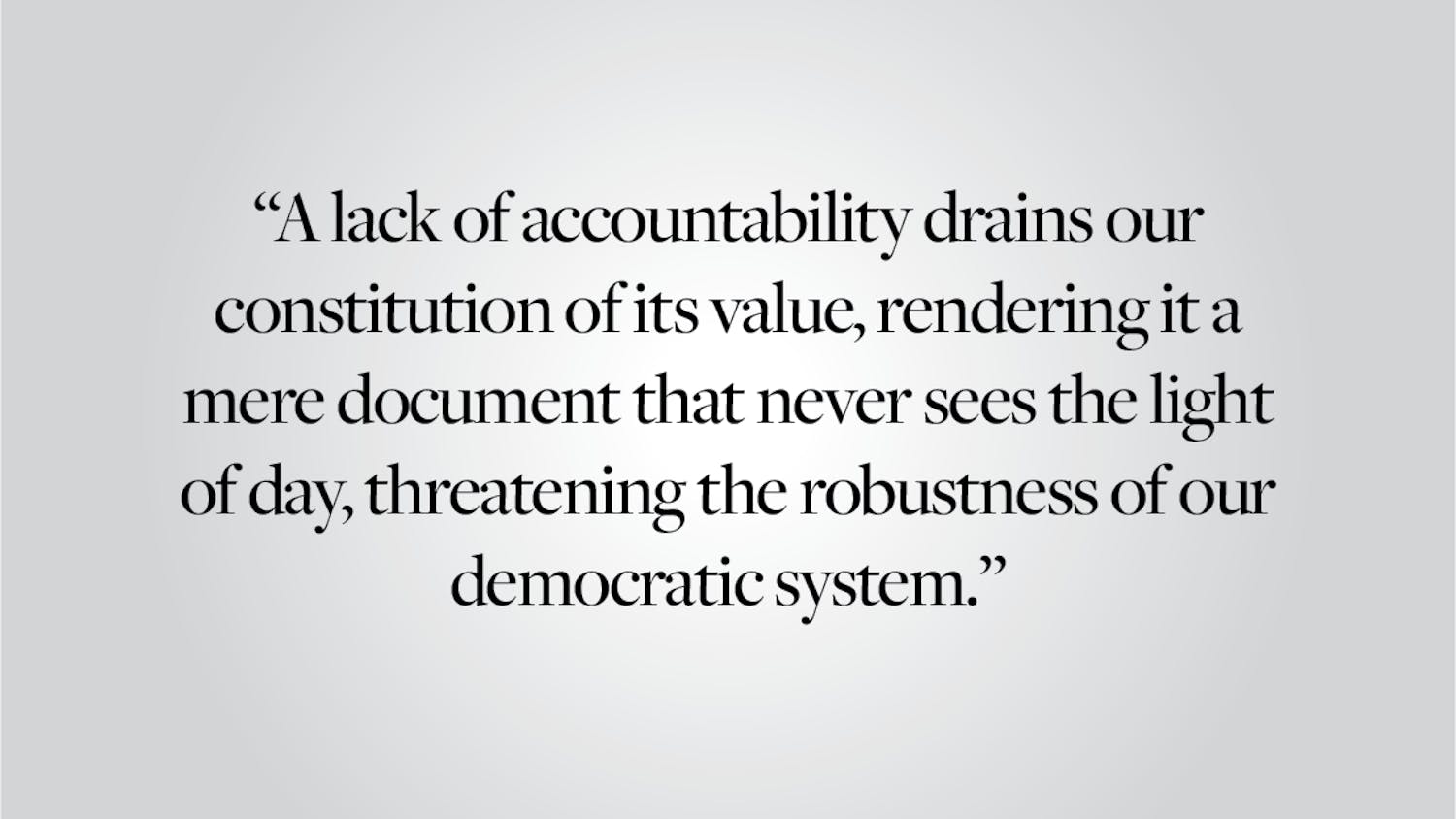In October, The Herald published an article entitled “‘Walk of No Shame’ celebrates sex positivity,” which described some Rhode Island School of Design students’ march to end slut shaming and promote sex positivity on College Hill.
After reading the article and reflecting upon my own personal experiences and those I’ve observed on campus, I realized just how much we, as a community of advocates, need to collaborate to diversify the conversation on sex positivity and to improve the language we use to describe sex at Brown.
Messages like “Consensual sex is fun,” “Consensual sex is sexy” and “My pussy, my rules” may be catchy mantras for some, but they come at a price. Take “My pussy, my rules,” for example. I’m not sure what this meant to the person holding this sign up during the walk, but to me this message means something else: “I have boundaries I expect others to respect if I were to be intimate with them.”
If the sign said this instead, I would wholeheartedly agree with it because it’s true. People do have boundaries that need to be respected. However, “My pussy, my rules” does not relay that message. It implies that “I can do whatever I want with it,” which is a false and dangerous implication. Sex is not a one-sided act — it takes two to tango, and advocating sex under only one person’s rule ironically sounds quite similar to advocating non-consensual sex. Imagine the uproar that would ensue if a male held up a sign that said “My penis, my rules.”
In any intimate experience, both parties’ rules must be respected. This is not news, but it gets severely lost in translation when one party is cut out of the picture entirely.
The messages “Consensual sex is fun” and “Consensual sex is sexy” are also problematic because they reduce sex to a one-size-fits-all recreational act and fail to recognize the vastly varied experiences students have with sex. Is consent really all there is to it? What about love? What about trust? What about commitment?
Once blanket statements dominate campus culture, the meaning behind them can get warped over time, and other conversations addressing important and relevant questions get swept under the rug.
New York Magazine writer Rebecca Traister has recently warned against this umbrella ideology. She writes: “Young feminists have adopted an exuberant, raunchy, confident, righteously unapologetic, slut-walking ideology that sees sex — as long as it’s consensual — as an expression of feminist liberation. The result is a neatly halved sexual universe, in which there is either assault or there is sex positivity. Which means a vast expanse of bad sex … has gone largely uninterrogated.”
The statements we use to describe sex positivity have led, some students to think that all consensual sex is fun, in order to have fun you have to have sex or sex is good as long as you have consent.
For three-and-a-half years, I have witnessed the consequences of adopting the “consensual sex is fun” mentality as truth. “Why hasn’t he texted me back?” and “I regret having sex” are a couple of responses I’ve heard that reflect the betrayal and confusion some students feel when their sexual experiences fall short or deviate from the promoted norm. This surely doesn’t sound like “fun.”
According to a web-based study listed on the American Psychological Association’s website, out of 1,468 undergraduate students, “27.1 percent felt embarrassed, 24.7 percent reported emotional difficulties, 20.8 percent experienced loss of respect and 10 percent reported difficulties with a steady partner” after casual sex.
As feminists, it’s time we recognize that students who have had negative experiences with consensual sex are not exceptions to the rule or inexperienced. There’s no need to throw a Cosmopolitan at them and say “Well, here,” for they are not inadequate, either. We must honor their experiences, provide platforms for their voices to be heard, learn from each other and ensure that no student feels alone — because they are anything but.
Together, we must acknowledge that the phrases we have been using have been shaping campus perceptions of sex, yet they do not wholly represent the experiences of our student body.
We need to take a step back and ask questions: What even is sex? What is the difference between love and lust? Between sex and use? What are the psychological effects of sex? All of these questions could do our campus some good and could help prevent negative sexual experiences.
We have the potential to revolutionize the concept of sex positivity. But in order to diversify this conversation, it is imperative that we work together. And if and when we disagree, we must do so “in an environment of mutual respect,” a simple yet underrated practice that Ralph Rodriguez, associate professor of American studies and English, promoted in a recent Herald column entitled “On teaching radical love and community.”
Learning about different reasons why people choose to engage in or abstain from sex and the various emotions that may arise after having sex can empower students and equip them with a more holistic understanding of it. Being exposed to these conversations may help students make better-informed decisions in their personal lives, and it may also help those who have had negative experiences with consensual sex find meaning in and healing from their past.
Together, we can move beyond consent and deepen our understanding of sex positivity by actively diversifying campus dialogue. Bringing this movement to campus will help to ensure the future health and well-being of our Brown community.
Lauren Galvan ’16 is the co-founder of Unhooked at Brown and can be reached at lauren_galvan@brown.edu.




